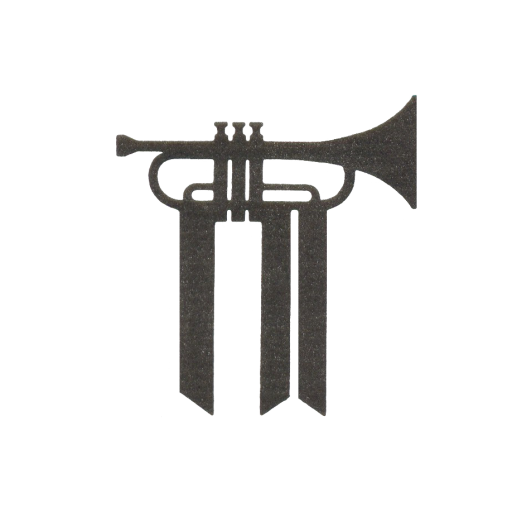John Williams
John Towner Williams was born on February 8, 1932, in Flushing, Queens, New York City, to Esther (née Towner) and Johnny Williams, a jazz drummer and percussionist who played with the Raymond Scott Quintet. He is the eldest of four children and has three younger siblings: Jerry, Joan, and Donald. Williams said of his lineage: “My father was a Maine man—we were very close. My mother was from Boston. My father’s parents ran a department store in Bangor, Maine, and my mother’s father was a cabinetmaker.”
In 1948, the Williams family moved to Los Angeles where John attended North Hollywood High School, graduating in 1950. He later attended the University of California, Los Angeles, and studied composition privately with the Italian composer Mario Castelnuovo-Tedesco. Williams also attended Los Angeles City College for one semester, as the school had a Studio Jazz Band.
In 1951, Williams joined the U.S. Air Force, where he played the piano and brass and conducted and arranged music for the U.S. Air Force Band as part of his assignments. In a 2016 interview with the U.S. Air Force Band, he recounted having attended basic Air Force training at Lackland Air Force Base, after which he served as a pianist and brass player, with secondary duties of making arrangements for three years. He also attended music courses at the University of Arizona as part of his service.
In 1955, following his Air Force service, Williams moved to New York City and entered the Juilliard School, where he studied piano with Rosina Lhévinne. He was originally set on becoming a concert pianist but after hearing contemporary pianists like John Browning and Van Cliburn perform, switched his focus to composition. During this time Williams worked as a jazz pianist in the city’s many jazz clubs.
After his studies at Juilliard and the Eastman School of Music, Williams returned to Los Angeles, where he began working as an orchestrator at film studios. Among other composers, Williams worked with Franz Waxman, Bernard Herrmann, and Alfred Newman, and also with his fellow orchestrators Conrad Salinger and Bob Franklyn.
Williams was also a studio pianist and session musician, performing on film scores by composers such as Jerry Goldsmith, Elmer Bernstein, Leonard Bernstein, and Henry Mancini. With Mancini he recorded the scores of 1959’s Peter Gunn, 1962’s Days of Wine and Roses, and 1963’s Charade.

